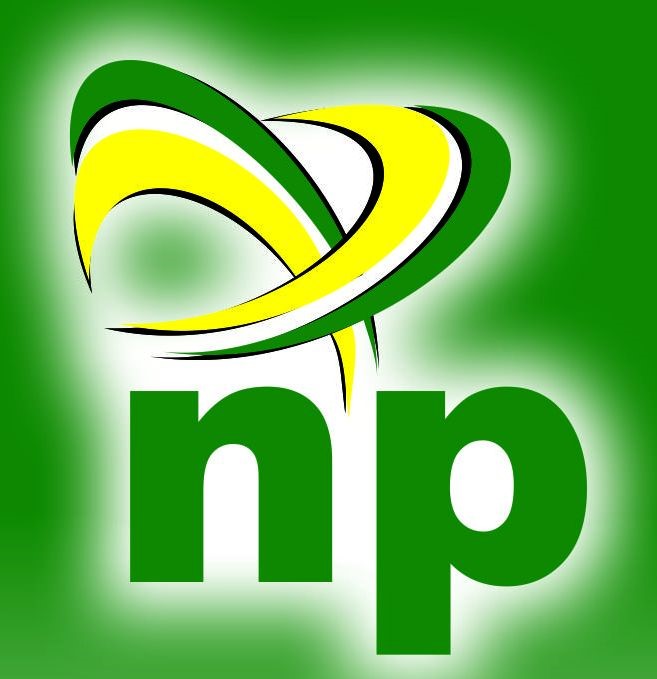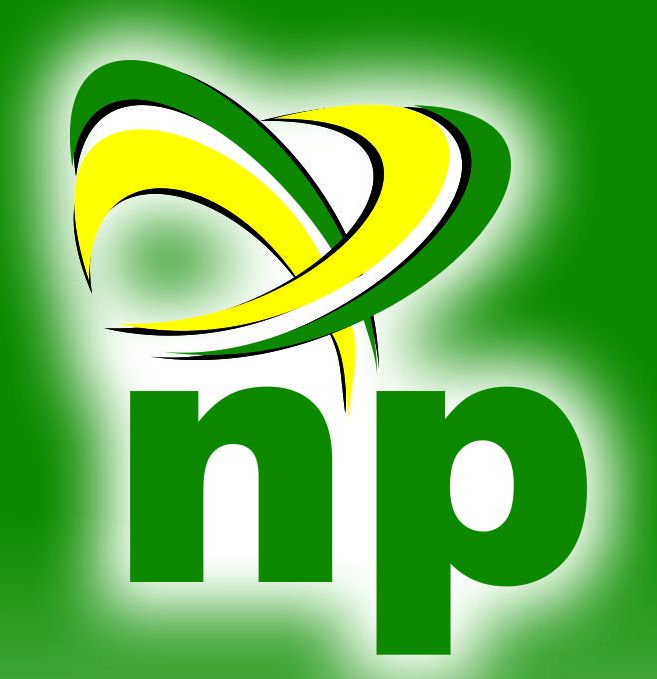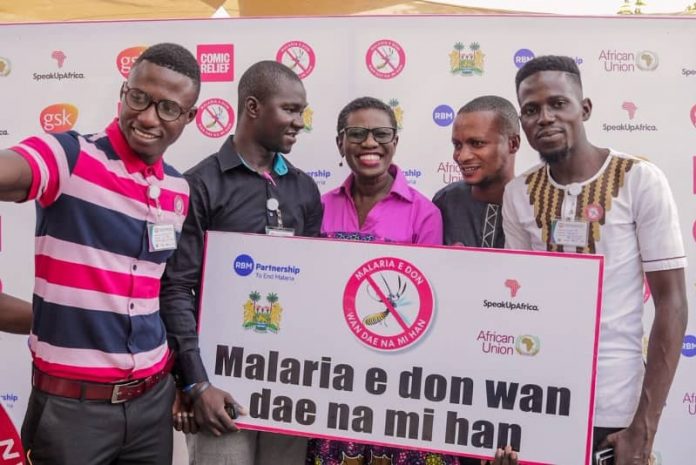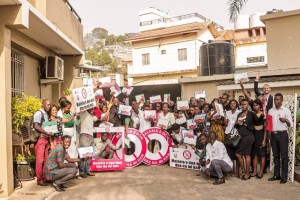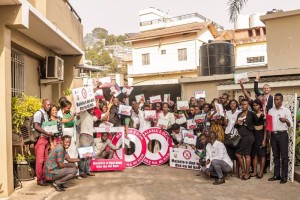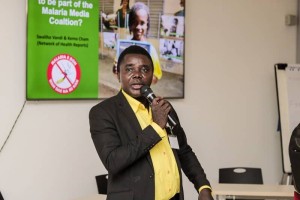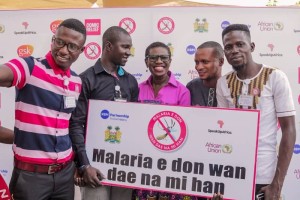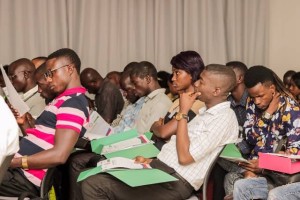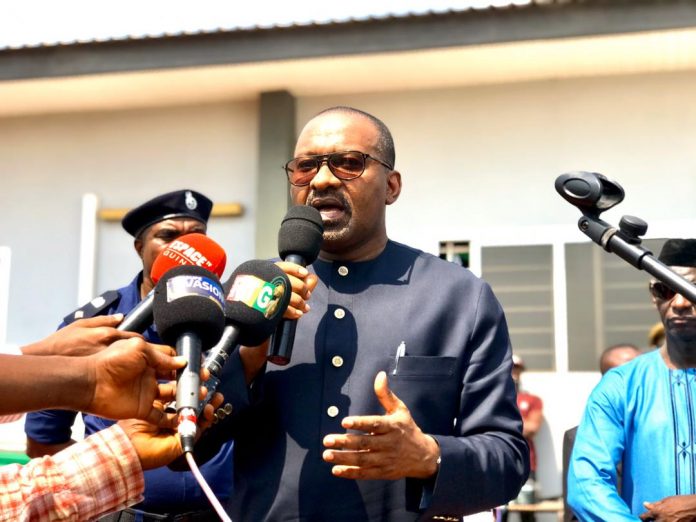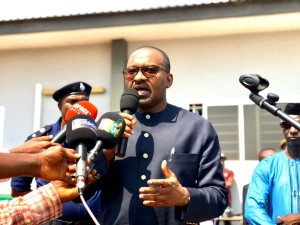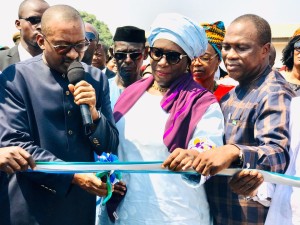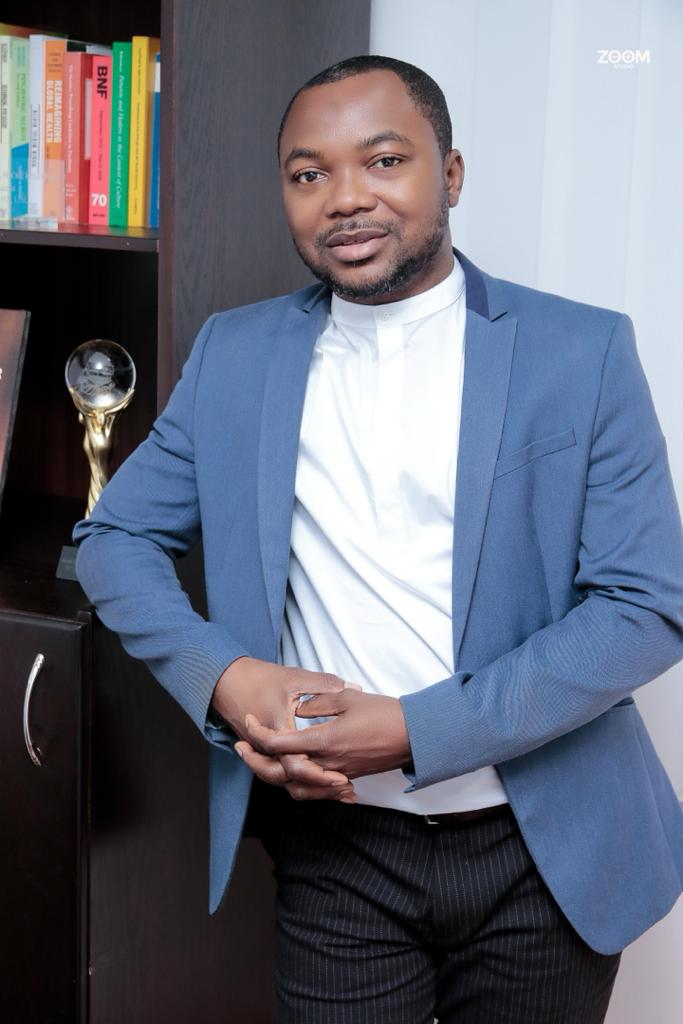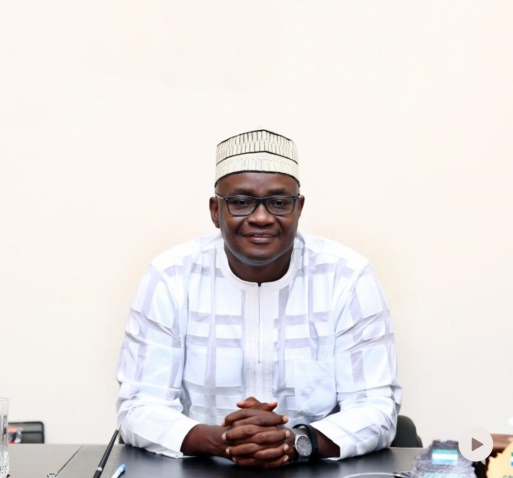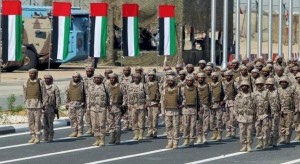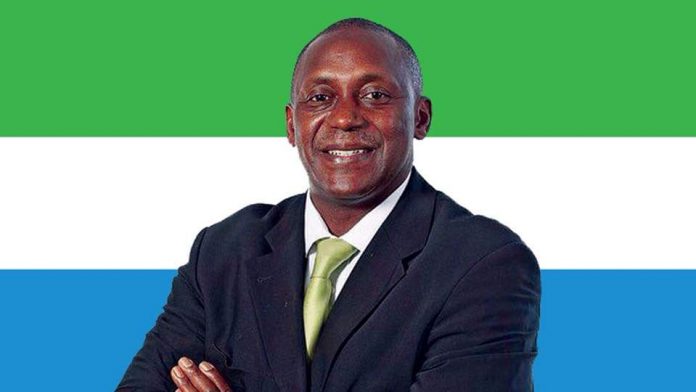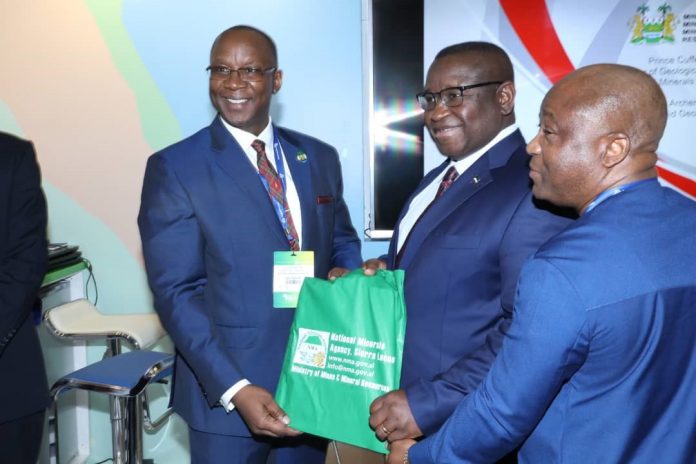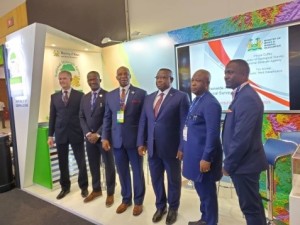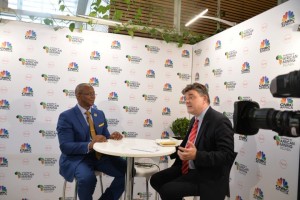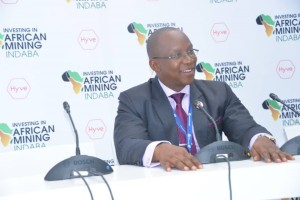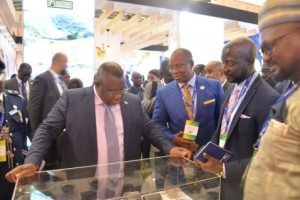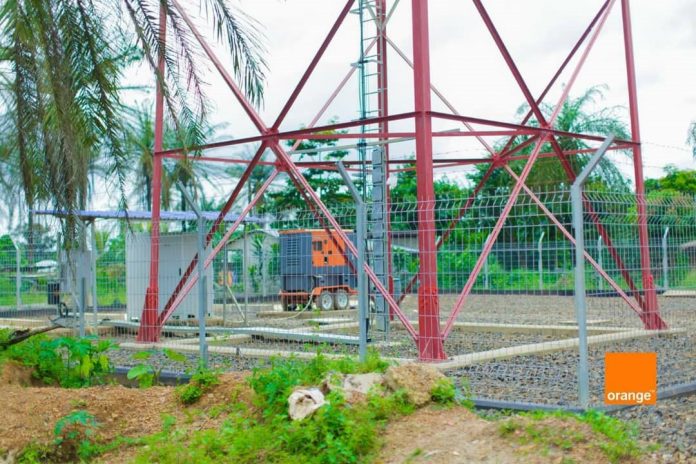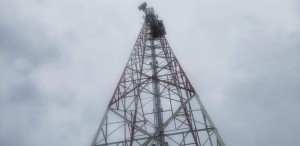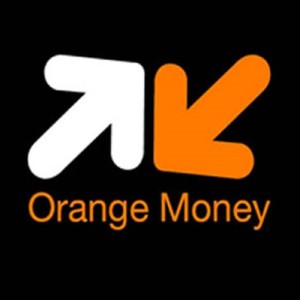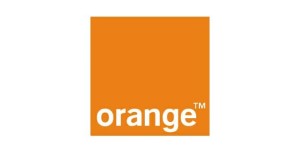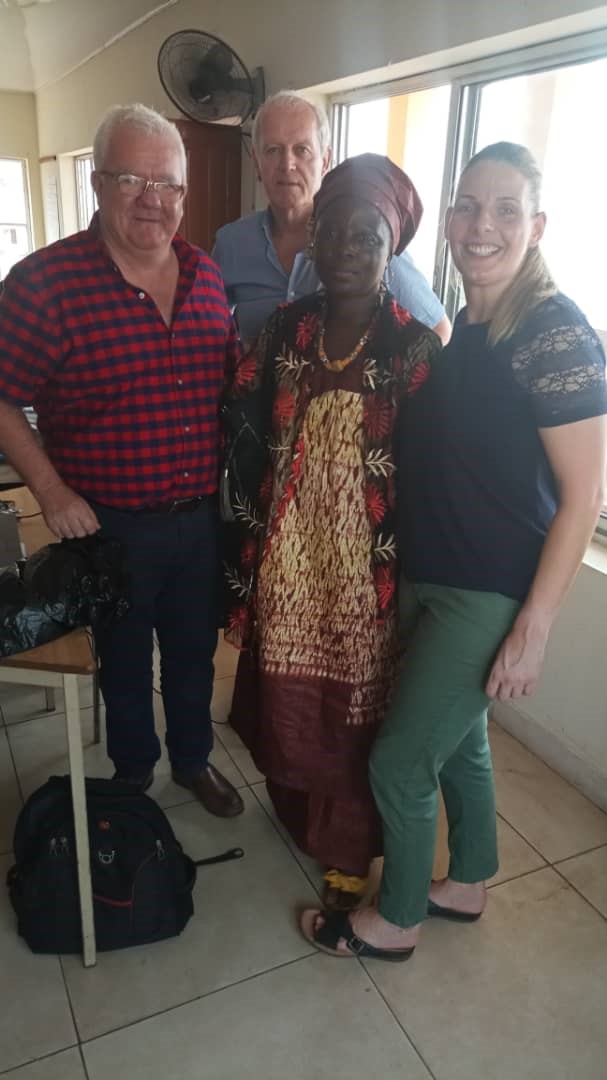By Kandeh Yumkella
During a hunting trip at the beginning of the year, I used the quiet walk through the woods to reflect on 2019. In an effort to understand ordinary people’s perspectives about their welfare and aspirations, I dialogued with students and young professionals, and NGOs in Bo, Kambia and Makeni, and visited market women and youth groups in some parts of Freetown. I concluded that the best characterization would be that 2019 was one of our Country’s ‘Annus Horribilis’ – Bad Year.
Annus Horribilis?
It is in 2019 that life became extremely difficult for the already suffering masses of our country such that popular culture coined the phrase “De Gron Dry” (the ground is dry) and, by mid-year, the phrase was upgraded to “De Game Don Babala” (Things have gone worse) to reflect the level of threat to their welfare. By the end of the year, the threat level was revised to “De Game Don Potor-Potor.” (Everything has collapsed). It sounds as if the people, especially the youth, feel we are heading for dystopia.
The vast majority of the population saw their real income (adjusted for inflation) decline precipitously as the prices of basic food items doubled or tripled (at the lowest unit of retail by the pint, dozen, packet, or cube). For example, from March 2018 to October 2019 prices for a cup of rice rose from Le 1,200 to Le 2,500; Gari from Le 500 to Le 1,500; a pint of Palm Oil from Le2,500 to Le 3,500, a dozen of Herring from Le 1,500 to Le 8,000.
The prices increased further because of the increase in fuel price and transportation cost in January that year due to a combination of factors including high transportation costs, currency devaluation (11%), general inflation (16-18%), and retroactive enforcement of fees, excise and other taxes on business. Add to the list of causal factors, the hidden high transaction costs
(unnecessary bureaucratic hassles and inefficiencies) of getting things done in our country e.g. clearing goods at the port, moving commodities and goods to markets, filing a case with the police, filing a case at the courts, accessing medical services, etc.
These increases add to the high cost of doing business, erosion of the discretionary income of households and dramatic drop in our people’s welfare. No wonder recent social protection assessments and household survey suggest that over 60% of our people are in multidimensional poverty and 12% live in abject poverty. As I have stated before in my numerous articles and radio interviews, economic indicators are stubborn, and propaganda cannot change them.
Our country is also suffering from state capture. For example, in 2018, MDAs and agencies submitted claims of total arrears owed to local suppliers and contractors as Le 11.59 trillion ($1.37 billion). When a deep verification exercise was carried out, only Le4.5 trillion ($531 million, 40%) was genuine outstanding claims. In other words, the kleptocrats and their partners had planned to dupe the people of this country le7 trillion ($839 million) which is almost double the total revenue collected in 2018 (Le4.35 trillion) and 2019 (Le4.1 trillion, Jan-Sept), an amount that can finance free education and free health care for 2-3 years.
Second, on the political front, there was also heightened governance distress in 2019. All but two bye-elections were violent that resulted in the unnecessary loss of life in Tonko Limba following blatant attack on polling stations, political leaders and political party offices. A vicious cycle of “Do-me-ah-Do-you” (Tit-for-Tat) became the new normal, which continued in 2020.
The recent decline by 16 points in the 2019 World Economic Freedom Index suggests that basic freedoms in Sierra Leone are being eroded. The judicial system has compounded the cleavages in the political landscape, with glaring selective justice, refusal by the Supreme Court to seat on cases, or proffer simple legal opinions; yet others in the judiciary out rightly take politically biased positions. Many citizens or businesses I have had the privilege to talk to have little or no faith in the much-touted judicial reforms that remain to be implemented, if ever.
Parliament, the people’s house, has not given succor to the people due to missteps, rancor, and accusation of corruption as well as lack of a more robust check on the Executive Branch. All these issues cast a cloud of uncertainty, and insecurity about where the nation is heading. The Auditor General’s Report of December 2019 eroded confidence that real change was on the way.
The report exposed the existence of systemic rot, unbridled corruption that have contributed to wrecking the economy over several years. In other words, corruption and patronage have been entrenched leading, for example, to the disappearance of Le 141 billion representing funds allocated to Ministries Departments and Agencies (MDAs) and Local Councils. It would appear that the ongoing Commissions of Inquiry and the Anti-Corruption Commission (ACC) are not serving as a deterrent for the thieving culture of the middle and lower cadres of public officials.
Third, there seems to be a moral decline in society. Despite all the prayers for the nation, crusades, and “Sarah”, our young children continue are exposed to even more-heinous behaviors daily. For example, though the Government and Parliament have taken a tough stand on sexual violence, rapes that are more egregious have occurred, as was the recent case of the gang rape of the sister of one of the paramount chiefs in Bonthe.
We also experienced the real manifestation of a dysfunctional and low-quality educational system when 90% of the students who took the WASCE exams failed and revelations of endemic organized-cheating and spying were made. There seems to be a growing drug problem that has now metamorphosed into a “pampas-tea” binge drinking. All these governance and social problems are signs of moral decay. They may suggest that as a society, we are in a race to the bottom. My fear is that things could get out of hand, as we approach the midpoint of the electoral cycle by the second half to 2020.
Hope, Change and Transparency?
However, not all was doom and gloom. We should acknowledge our government’s efforts in launching several initiatives in a bid to address the economic, governance and social problems highlighted above. The many components of the fiscal consolidation and human capital development, the rise in revenue collection, the launch of the national development plan, the revival of the Premier League, Hands of our Girls Campaign, Bintumani-III Conference, presidential dinner with the Fourth Estate, and the aggressive drive of the Free Quality Education Initiative.
However, the opening statement of the President at the Ministerial Retreat a few weeks ago suggests that these efforts are not having the desired results so far. He has emphasized that he expects more delivery this year. The president is credited for being tough on non-performance by replacing several ministers. However, will he also sack some of the almost 300 executives in parastatals and boards who are underperforming and wasting billions of Leones of subsidies from the treasury ever year?
In Parliament, we also accomplished a lot. We approved 381 presidential appointees, passed 16 Bills and Acts, and we approved 30 international treaties and protocols. In spite of much heated debates, we have strengthened the Anti-Corruption Commission, amended a number of existing laws related to economic and financial management such as the single treasury account, the Extractive Industries Revenue Act, the Bank of Sierra Leone Act, and the NACSA Act. We also passed the amendment of the Sexual Offenses Act. As suggested below, we could do even better.
The indefatigable ACC has made major strides resulting in national accolades from AWOL and the 10 points rise in the Transparency International Global Corruption Ranking. The judges at the Commission of Inquiry (COI) have patiently and diligently steered the proceedings to allow both prosecutors and the defense to present their cases. The revelations of billions of expenditures without recourse to Parliamentary approval or appropriation, violations of procurement rules and over-invoicing, and unexplained wealth have been mind-boggling. However, the public sentiment is that no action will be taken on the Judges report. Thus, the COI might fizzle away into nothingness, or simply become a tale full of sound and fury but signifying nothing.
The Way Forward
What do we expect in 2020? This year, we should come together as one people to move our country forward. The problems are so serious that we should put partisan politics aside and Put Salone Fos. One man, or one party, alone cannot fix decades of a kleptocratic patronage system. There are no quick fixes. The focus should be on Delivery, Compliance and Enforcement. I agree with Mr. President that there is need to ensure effective delivery on the government’s programs, which includes the work plans and various performance compacts signed by MDAs with State House.
I suggest to Mr. President that the top priority should also be compliance with recommendations of the Auditor General (some spanning over the last 15 years) as the key to achieving his deliverables. He should understand that the kleptocratic machinery and patronage system that manages state affairs prefer business as usual. The system that stole Ebola funds when thousands of their compatriots were dying is the same machinery that caused Le 141 billion to disappear in 9 months of a new regime.
The year 2020 must be a year of enforcement of the key targets, especially macroeconomic targets, set by Mr. President. The president must push back on the insatiable appetite and Keynesian mind set of some in his team to tax and spend. Greater fiscal discipline should be a priority in 2020 to keep public spending below 24% of GDP, the deficit below 3% of GDP, and the wage bill below 6% of GDP. Talk-and-do means that these targets, which are gleaned from the President’s address to Parliament in May 2019, must be enforced.
If the above is achieved, then Mr. President can lower the GST to 12% to spur consumer spending, sell 30% of the shares in Rokel Commercial Bank and privatize SIERRATEL to raise capital to support SMEs, agribusiness and export growth. An independent economic advisory team could help guide further investments in private sector-led growth. A well-planned integrated school feeding program could help revitalize the agriculture sector, promote rural development and achieve the key nutritional targets set out in the scale-up-nutrition program.
Parliament could also make the political space more inclusive and transparent by passing deep electoral reform laws consistent with the over 100 recommendations of the international observers in the 2018 general and presidential election. We should be progressive by passing the 2-Sim bill in 2020, including removing the requirement that people should resign one year from their jobs before they can contest elections, and making it law that women should occupy at least 30% of parliamentary/elective positions. We should allow a debate on the report of the Constitutional Review Commission (CRC).
We should also revamp the public order act/criminal libel laws; enact a competition and investment promotion law, a government transition act including a provision that no tribe should hold more than 30% of positions in public institutions. These legislative actions do not require a minister presenting a bill; they simply require a core group of progressive legislators exercising their power under section 105 of the 1991 Constitution. It will enshrine this Parliament’s place in history as the “emancipation parliament” similar to those MPs who heralded independence in the 1960s.
I remain hopeful that the allegations of corruption in the House will be dealt with by the Auditor-General so that the sanctity of the House is protected. Above all, an inclusive and peaceful political space will go a long way to assuage the fears of citizens and foreign investors. We should tap into the pool of professionals in our country irrespective of tribe or political persuasions to tackle the myriad of challenges we face. Let us put Salone Fos!

